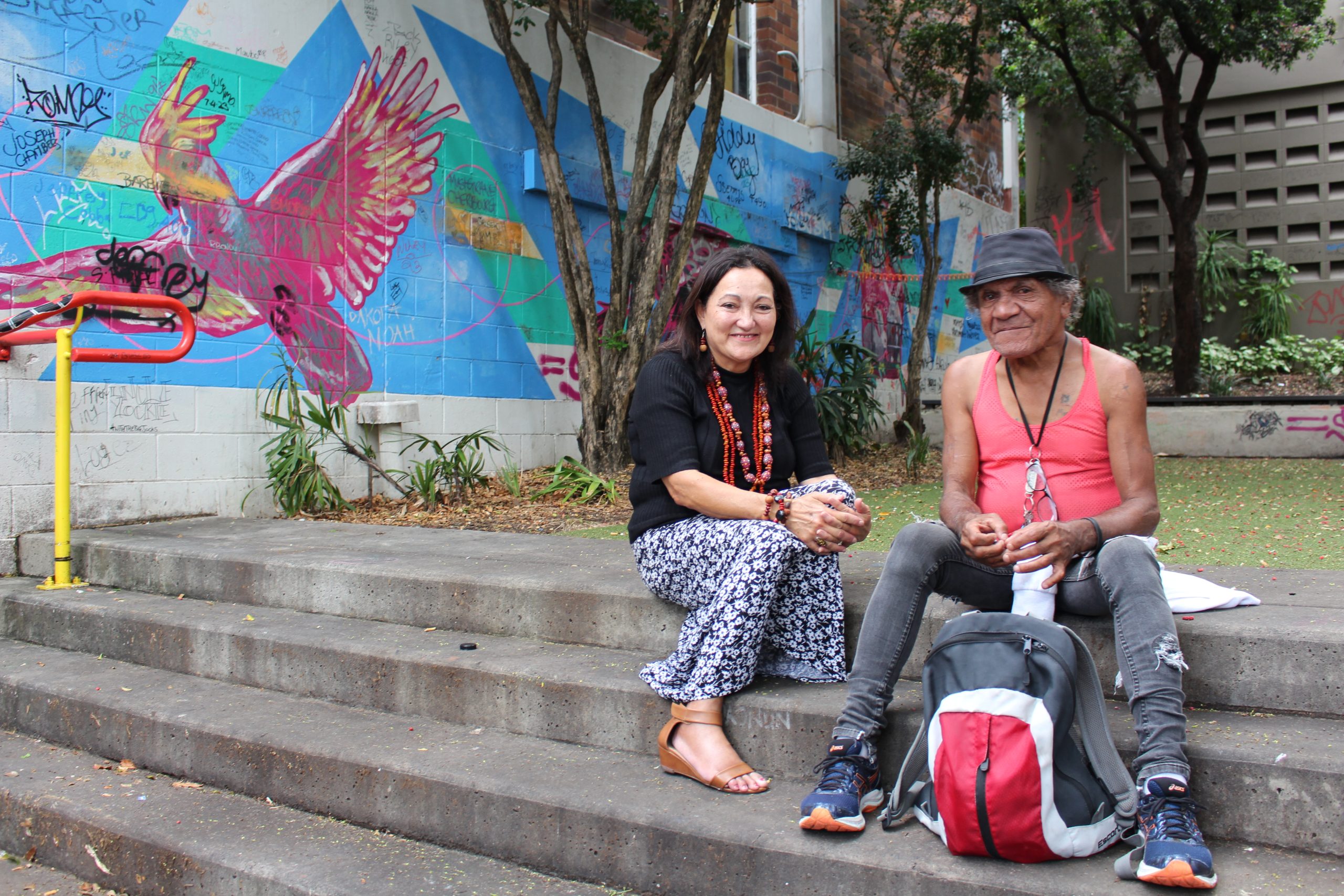The human person is the clearest reflection of God’s presence in the world. Catholic Social Teaching is designed to protect and promote the dignity of every person.
Catholic Social Teaching is not a comprehensive policy statement but rather, a set of principles that we might consistently reflect on we go about our everyday lives and decide how to respond to the world around us.
Catholic Social Teachings inspire and guide the work of the Church in our community. Through our community service agencies, we walk alongside people who are vulnerable or require support. Social justice groups bring people together locally to act on issues that are important to them. And our Laudato Si and Reconciliation Action Plans reflect Catholic Social Teachings at work in these areas.
Ten principles of Catholic Social Teaching
Human dignity emerges neither from what people accomplish or own, but because we are created in the image and likeness of God. Consequently, every person is worthy of respect simply by virtue of being a human being. People do not lose the right to being treated with respect because of disability, poverty, age, lack of success or race, let alone gain the right to be treated with greater respect because of what they own or accomplish.
The Principle of Respect for Human Life
An implication of the first principle is that every person, from the moment of conception to natural death has an inherent dignity and a right to life consistent with the dignity that is ours as human beings. The Catholic tradition sees the sacredness of human life as part of any moral vision for a just and good society.
The human person is not only sacred, but also social. We cannot consider a person simply as an isolated individual but as part of a rich tapestry of relationships. When making decisions which impact on the lives of others, we must consider how it impacts on that person’s connections with family, friends and the wider community.
People have a right to shape their own lives and the society in which they live. They should participate in decision processes which impact on their lives and cannot be consider the passive recipients of other people’s decisions. We each have a responsibility to be shapers of the kind of world in which we wish to live.
In a world where we see deepening divisions between rich and poor, the powerful and the powerless, the Catholic tradition reminds us that God stands firmly on the side of the most marginalised members of society. While every person’s needs are important, we must consider first and foremost how the lives of the most vulnerable people are impacted or enhanced by decisions we make.
We are our brothers’ and sisters’ keepers. Learning to practice the virtue of solidarity means learning that ‘loving our neighbour’ is not, in the words of Pope John Paul II, “a feeling of vague compassion or shallow distress at the misfortunes of so many people. On the contrary, it is a firm and persevering determination to commit oneself to the common good; that is to say, to the good of all and of each individual, because we are all really responsible for all.”
We show respect for the Creator by our stewardship of creation. We have a responsibility to care for the world’s goods as stewards and trustees, not primarily, let alone merely, as consumers. As people working toward making these principles a reality, good stewardship also means making careful and responsible decisions with the resources entrusted to us.
The word subsidiarity comes from the Latin word subsidium which means help, aid or support. The principle of subsidiarity means clearly determining the right amount of help or support that is needed to accomplish a task or to meet an obligation: “not too much” (taking over and doing it for the other: thereby creating learned helplessness or overdependence) and “not too little” (standing back and watching people thrash about, thereby increasing frustration and perhaps hopelessness). The principle might be better summarised as ‘no bigger than necessary, no smaller than appropriate’.
Given that every human being is entitled to respect and dignity merely because she/he has been created in the image and likeness of God, it follows that there is a radical equality among all human beings. After all, as George Cladis points out: “competition is alien within God.” This principle lies close to the surface in every Australian. We talk of it in terms of giving people a fair go.
A community is genuinely healthy when every single person is flourishing. This is not the utilitarian formula of the greatest good for the greatest number, but the moral formula of the greatest good for all, simply on the basis that they are human beings and therefore inherently worthy of respect.
Local social justice groups are one way you can become involved in action on social issues.
